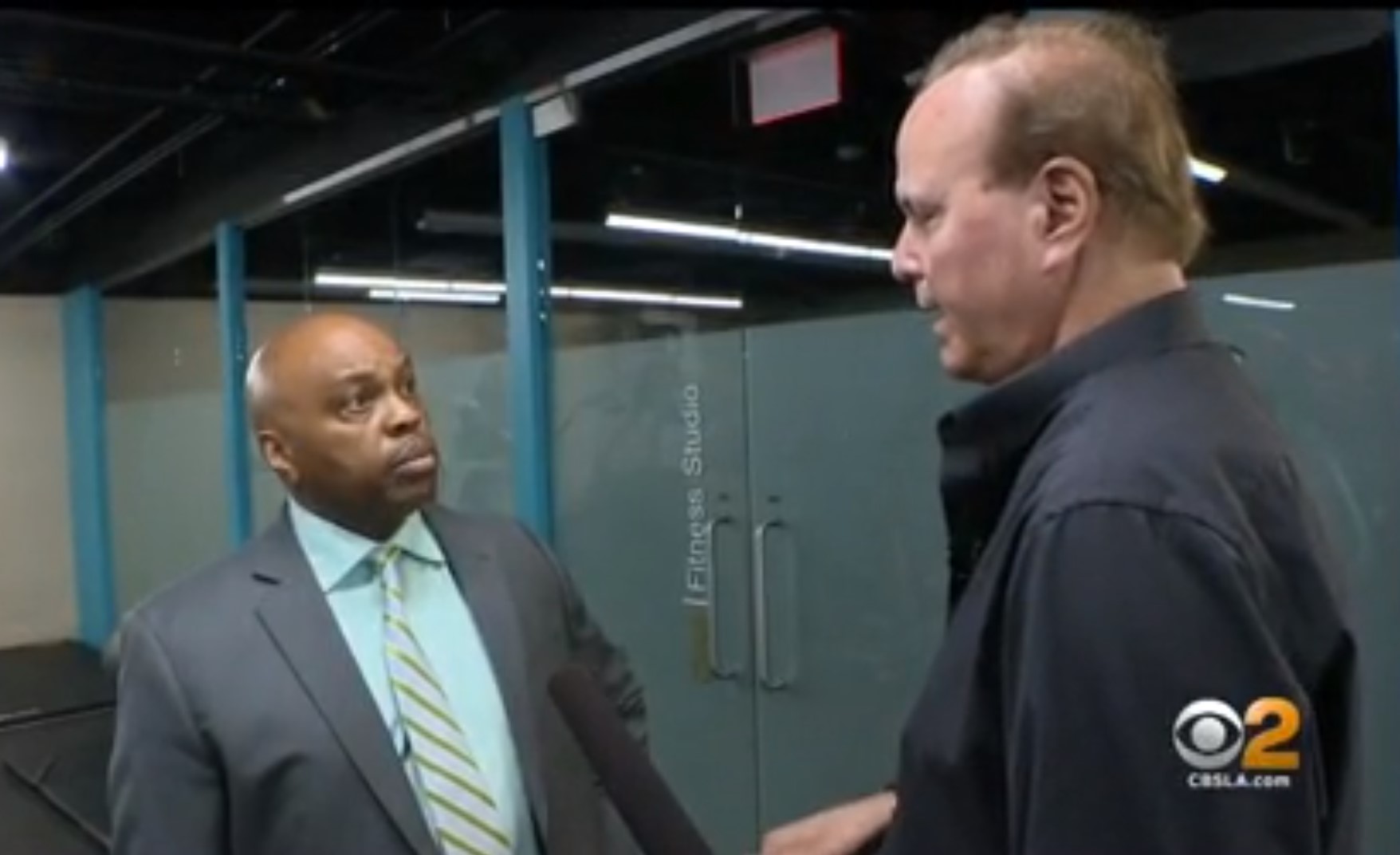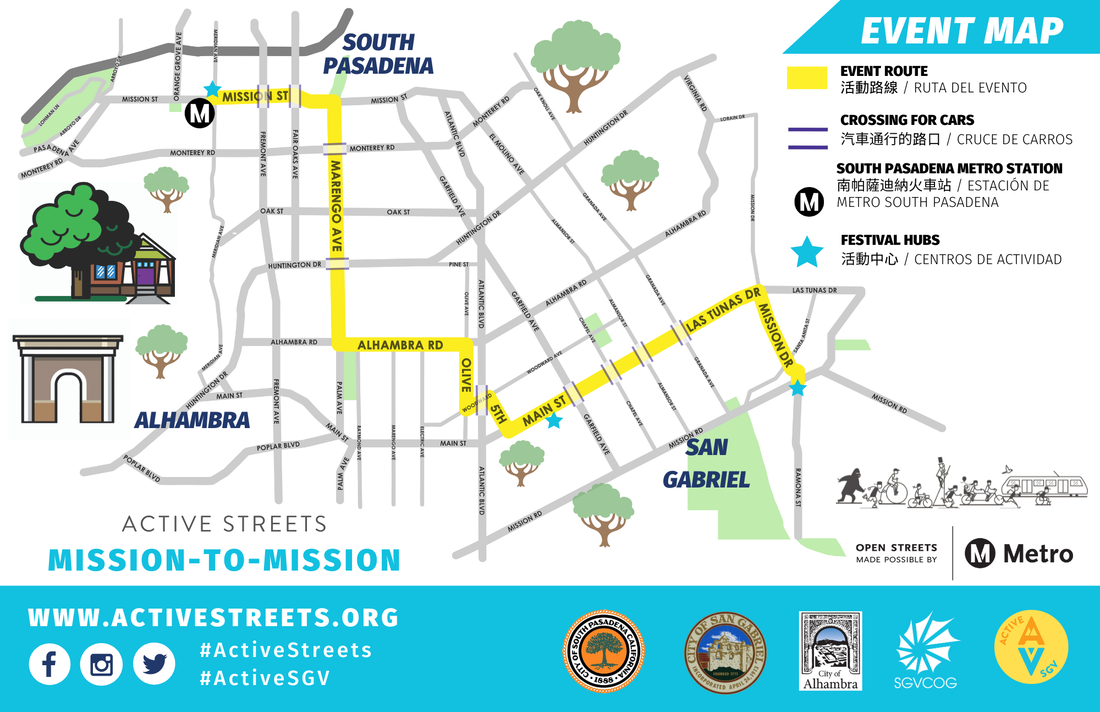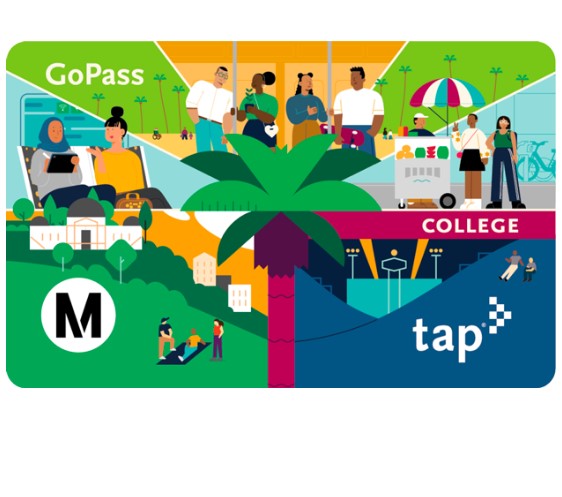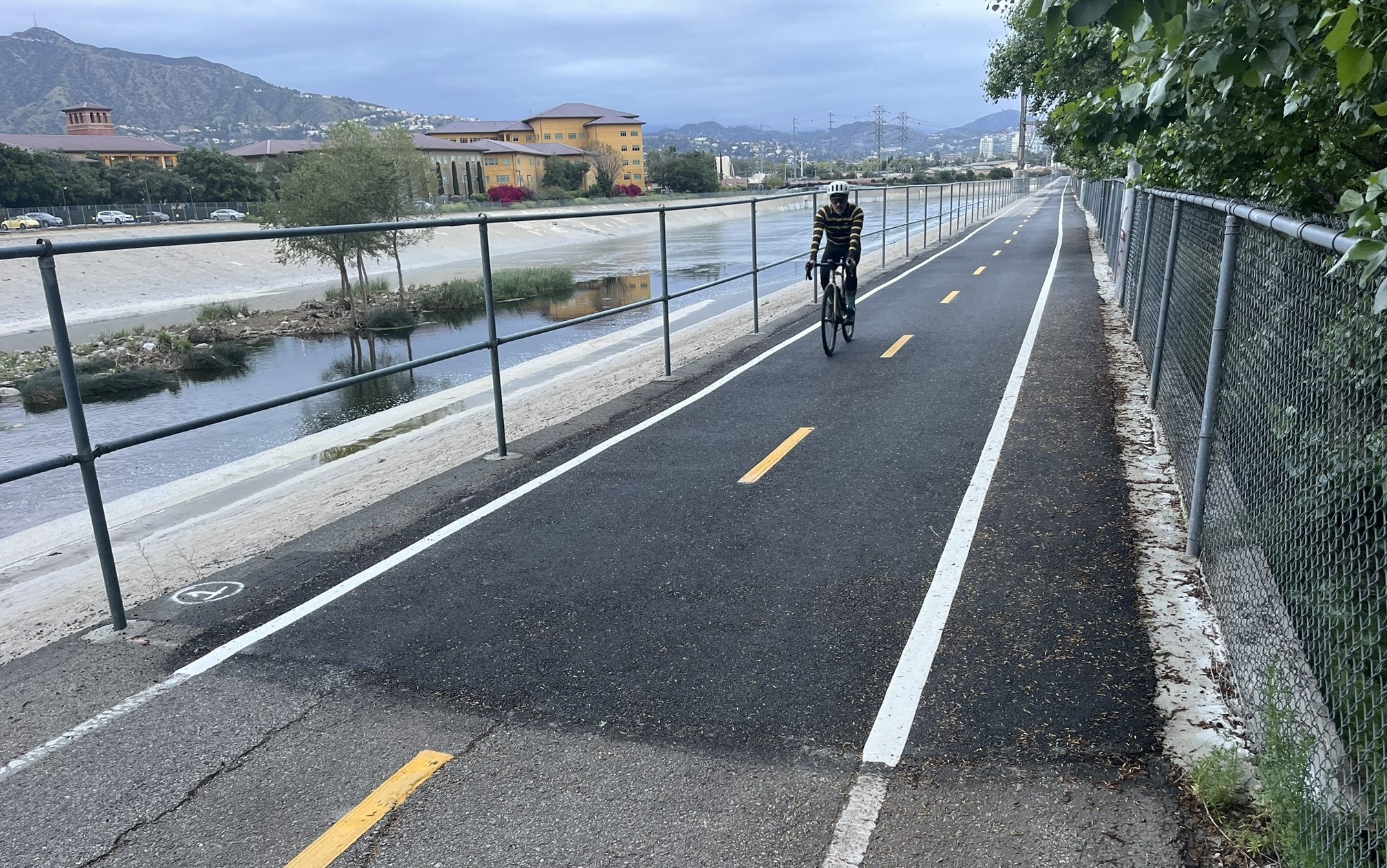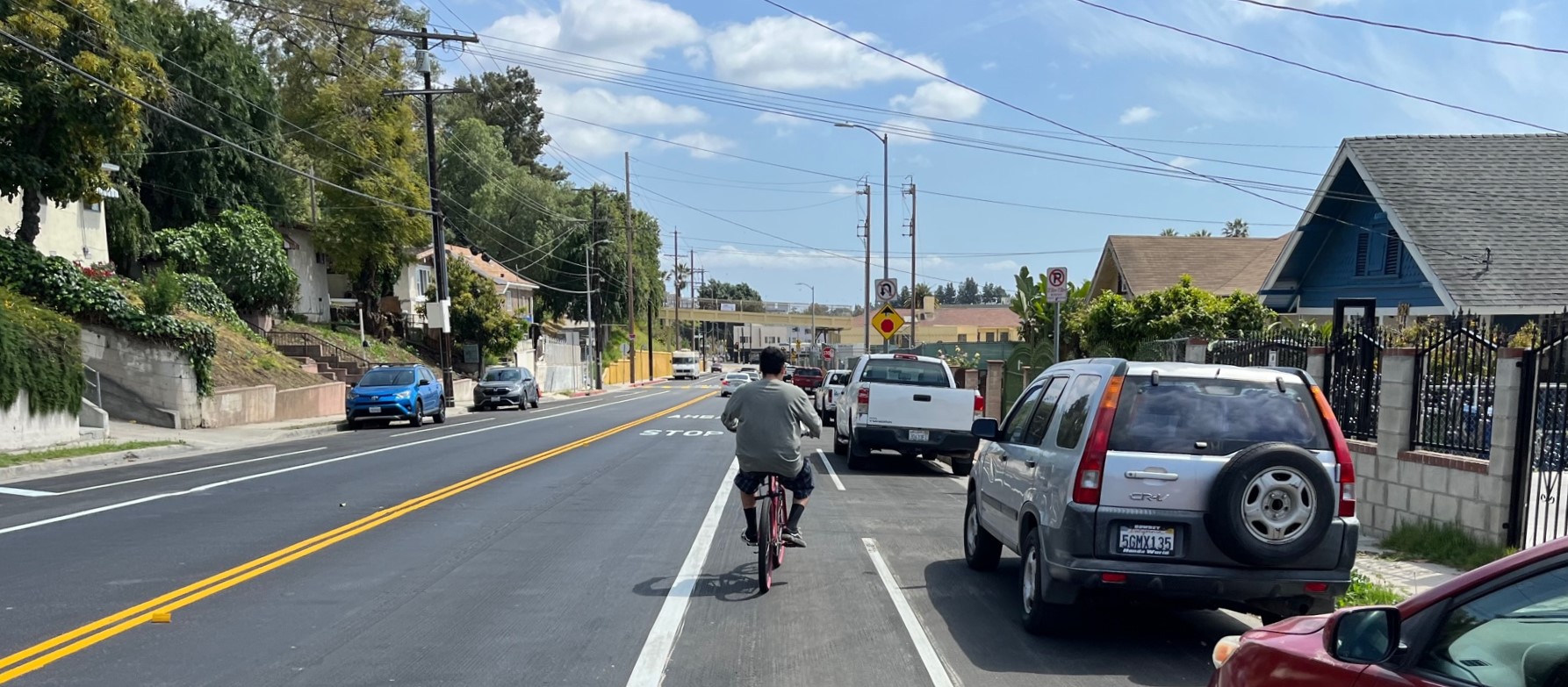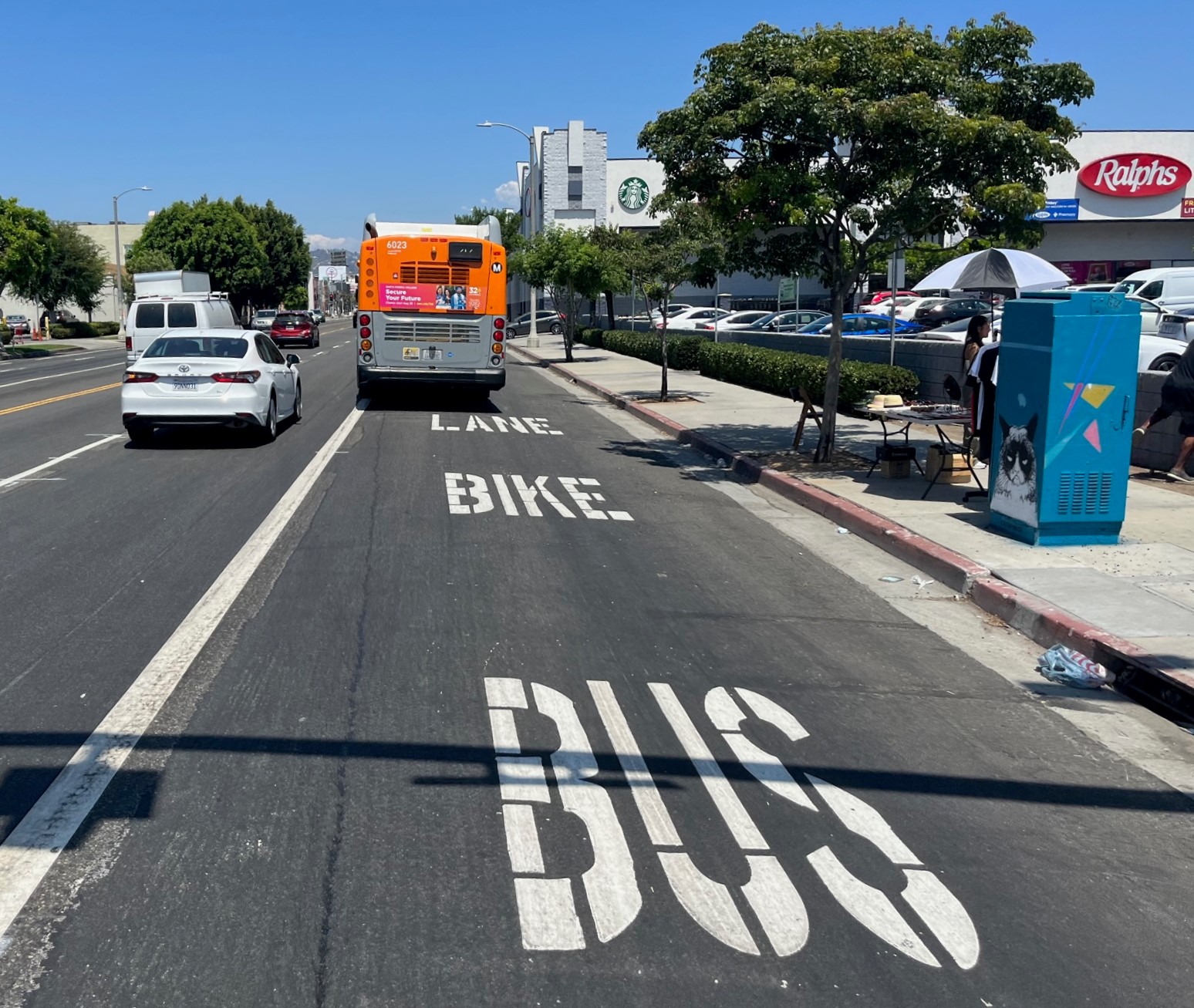A couple of weeks ago, KCBS asked me to comment on a Metro proposal from the bus riders perspective. Late last week, KCBS aired its story: "Goldstein Investigates: Metro Proposed Spending $200K On Saunas, Steam Rooms."
CBS focused on a proposal to install a $200,000 sauna in the gym at Metro headquarters. CBS characterizes the sauna expense as "a little bit over the top" implying that the expenditure would be wasteful as Metro "struggles" with budgetary "problems."
At CEO Phil Washington's request, Metro staff studied the sauna idea. The project was ultimately not included in Metro's proposed 2019-20 budget. The project was intended to keep Metro staff healthy - which Washington points out would save money on workers' compensation. I think Washington is right; it is worthwhile for Metro to invest in the health and fitness of its employees.
I understand that TV interviews are imperfect for getting broader points out on issues. Typically, I've done 10-15 minute long interviews and only 5-10 seconds end up on the air.
For this story, CBS quoted me saying "There’s relatively cheap projects that would improve the lives of hundreds of thousands of Angelenos and I think that should be their priority." I named those projects - system-wide all-door boarding, bus-only lanes, and the NextGen bus service reorganization - but those didn't make the story. I also mentioned cost overruns on freeway-widening projects. Cost overruns on Metro's 5 North freeway widening project appear to be nearing a billion dollars.
There is other Metro spending that doesn't serve the needs of transit riders, much less equity and the environment. These include huge subsidized park-and-ride lots, running higher bus frequencies in outlying areas at the expense of core service, and building rail to far-flung areas.
To truly serve the needs of bus riders, it is important to look at the cost of allowing car traffic to slow down transit. From 2013 to 2017, Metro bus speeds declined from 10.99mph to 10.59mph. UCLA Institute of Transportation Studies' Juan Matute estimates that these delays mean that it costs Metro roughly $42 million more annually to deliver the same bus service at the slower speeds. The lack of transit prioritization drives up operating costs, resulting in Metro continuing to propose incremental service cuts to balance its budget.
There are lots of budgetary issues that impact transit riders. While a $200,000 sauna may sound like a problem, to me it feels like a distraction from much larger concerns. Overall, our nation invests orders of magnitude more on drivers than it does on transit riders. If reporters are looking to stick up for the needs of bus riders, it is important that they continue to do more research to reveal larger issues in Metro, county, city, state and federal budgets, as well as the way public street space is allocated and what transportation modes are prioritized.
